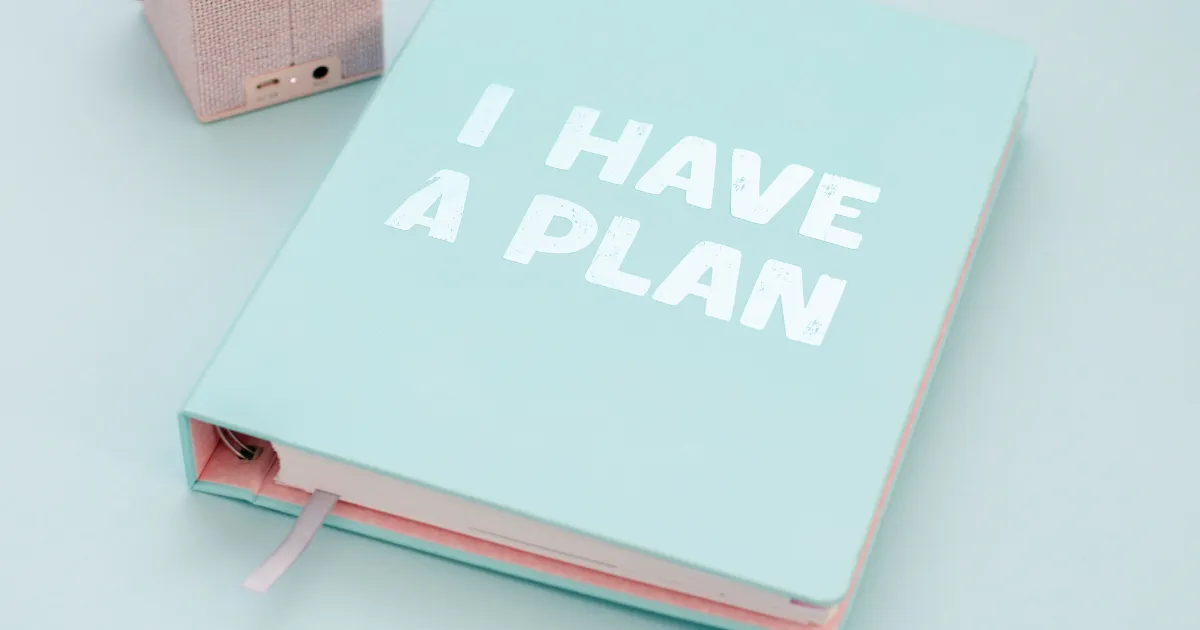
Self-Discipline
What does it mean to be self-disciplined?
Sometimes I’m ‘accused’ of having self-discipline like it’s a trait I should have less of.
It actually seems to annoy people. 🤷🏼♀️
“God… you’re sooo disciplined Gillian… stop already” or “I could never be as disciplined as you”
And I have to ask … why not? 🤔
Someone isn’t born with self-discipline in the same way they’re born with red hair and freckles. 🙋🏼♀️
It’s something we can all create more of, if we’re willing to put in a bit of effort.
There’s been many seasons of my life where I didn’t have much self-discipline but I had a lot of laziness and procrastination.
Zoom in on a hum-drum normal day, and yes there’s a good chunk of time that I plan to utilise in a self-disciplined way, but believe me, there are also moments where self-discipline goes right out the window.
And that’s ok - that’s our human experience.
“Between your goal and the result you want, is self-discipline.”
Forgive me, I forget who I heard that from, but it had a profound impact on my understanding of why setting a goal isn’t enough to achieve it and where self-discipline comes in.
“Self-discipline is your ability to control your own behaviour, emotions and impulses in service of a bigger goal.”
It’s about making yourself do things you know are good for you (or stopping doing things that derail you), even when you don’t feel like it, in the moment.
If you’re someone who struggles to achieve their goals, and you believe it’s because you have no or you’ll never have self-discipline - I want to tell you, you’re wrong.
Something to look out for is if you’re confusing willpower for self-discipline.
They are different concepts and oftentimes overlap.
Self-discipline can and should be planned ahead, will-power is a spark of mental energy that’ll help you in-the-moment - to resist temptation or get yourself off the sofa and move.
However, the biggest difference you’ll notice when working on being more self-disciplined is that you can create and build self-discipline, but will-power is limited.
Unless you’ve used self-discipline to plan ahead, relying on willpower at the end of the day isn’t the best idea.
In fact, as the day goes on and your brain’s been making decisions, resisting temptations, and juggling stress all day, it’ll naturally start arguing to take the path of least resistance, right around ‘Wine O’clock’.
In the early days of sobriety, failing to activate self-discipline (plan ahead for obstacles, create new habits, set up your environment for success) will mean you’re relying on willpower and your ‘willpower battery’ will get flat pretty fast.
Taking time to step-up and structure your day means you’ll experience fewer temptations, be able to override immediate urges, and take the mind drama out of those things that do you good, but you don’t feel like doing.
So how do you start to be someone with more self-discipline who achieves their goals?
Just like any muscle you want to make stronger, you can develop self-discipline by getting the reps in:
Choose long-term gain over short-term comfort.
Keep commitments to yourself.
Plan ahead for distractions, temptations and excuses.
Stay consistent, even when you don’t feel motivated.
Repeat daily.
Just like strong muscles support your skeletal body, your self-discipline muscle will support your long term well-being.
You’ll shift from feeling disappointed and defeated to being satisfied and proud of yourself.
FIND OUT MORE:

